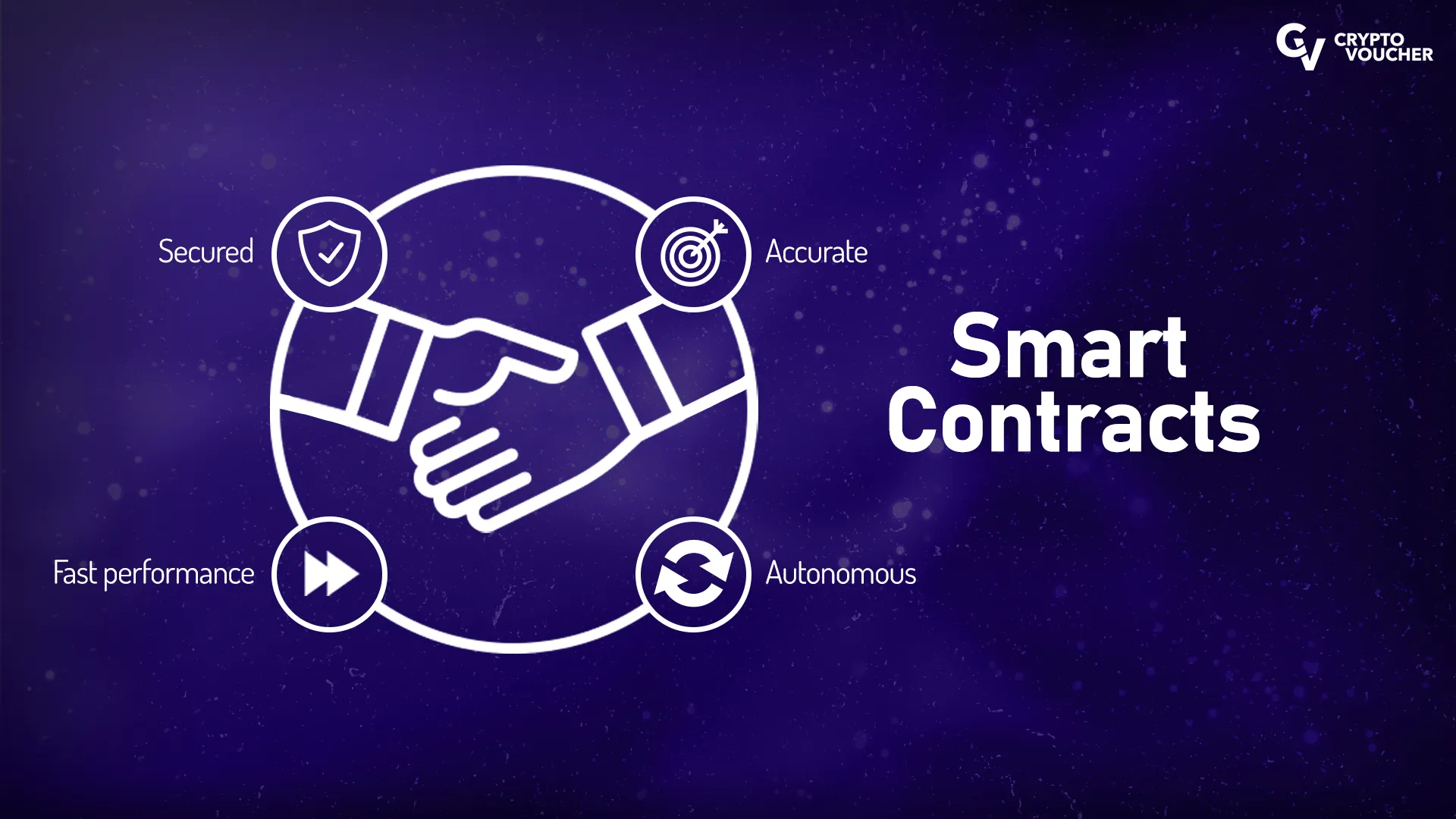Smart Contracts explained
08.10.2020Over the past few months, we were sometimes referring to Smart Contracts. We already know that they’re part of the Ethereum network and they make ETH better in business relations. What are they, why are they so important and how to set your own Smart Contract – those questions we’ll be answering today.
What are Smart Contracts?
Let’s start with the formal definition: Smart contract is a set of promises, specified in digital form, including protocols within which the parties perform on these promises.
To make is simpler, let’s define it like this: Smart Contract is a business mechanism that does something when the conditions are met. The simplest forms of Smart Contracts can be used in situations like quick, everyday purchases: “when John receives $1000 from Steve, make Steve an owner of John’s laptop”.
That mechanism makes any middlemen unnecessary, you don’t have to trust or pay for someone to just watch if everything is alright. The blockchain will take care of it.
How to create Smart Contract?
The Smart Contracts are created using a programming language called “Solidity”. It’s an object-oriented, high-level language, pretty easy to learn even for complete amateurs.
If you’re unfamiliar with programming, there are plenty of convenient courses you can try for free. Try them for yourself and you might discover your hidden blockchain development talent!
How do Smart Contracts work?
The Smart Contract tracks the blockchain to know whether the payment is done. Once it is, the contract sends info to the proper system, asking for some action. Of course the system has to be compliant with the Smart Contract concept as connecting it without official support would be really difficult.
The obvious requirement for Smart Contracts to work is the connection to your account as well as database storing documents. That might cause confusion as for customers not knowing much about the IT technicalities, the programmer effectively becomes a middleman. At the end of the day, you need to trust the guy creating the contract and believe it’s going to work as it was supposed to.
Will Smart Contracts change the business?
Instant response, security and reliability – those are benefits you get for using Smart Contracts. People seem to like this idea but it’s not easy to rely solely on a soulless computer. Contracts’ mission – to eliminate the need of the middleman – requires to take a huge step forward and leave our human relations behind. If you think about it, it’s still easier to trust a second person than a piece of code. Smart Contracts have a long way to go to and we’ll be watching their progress.
